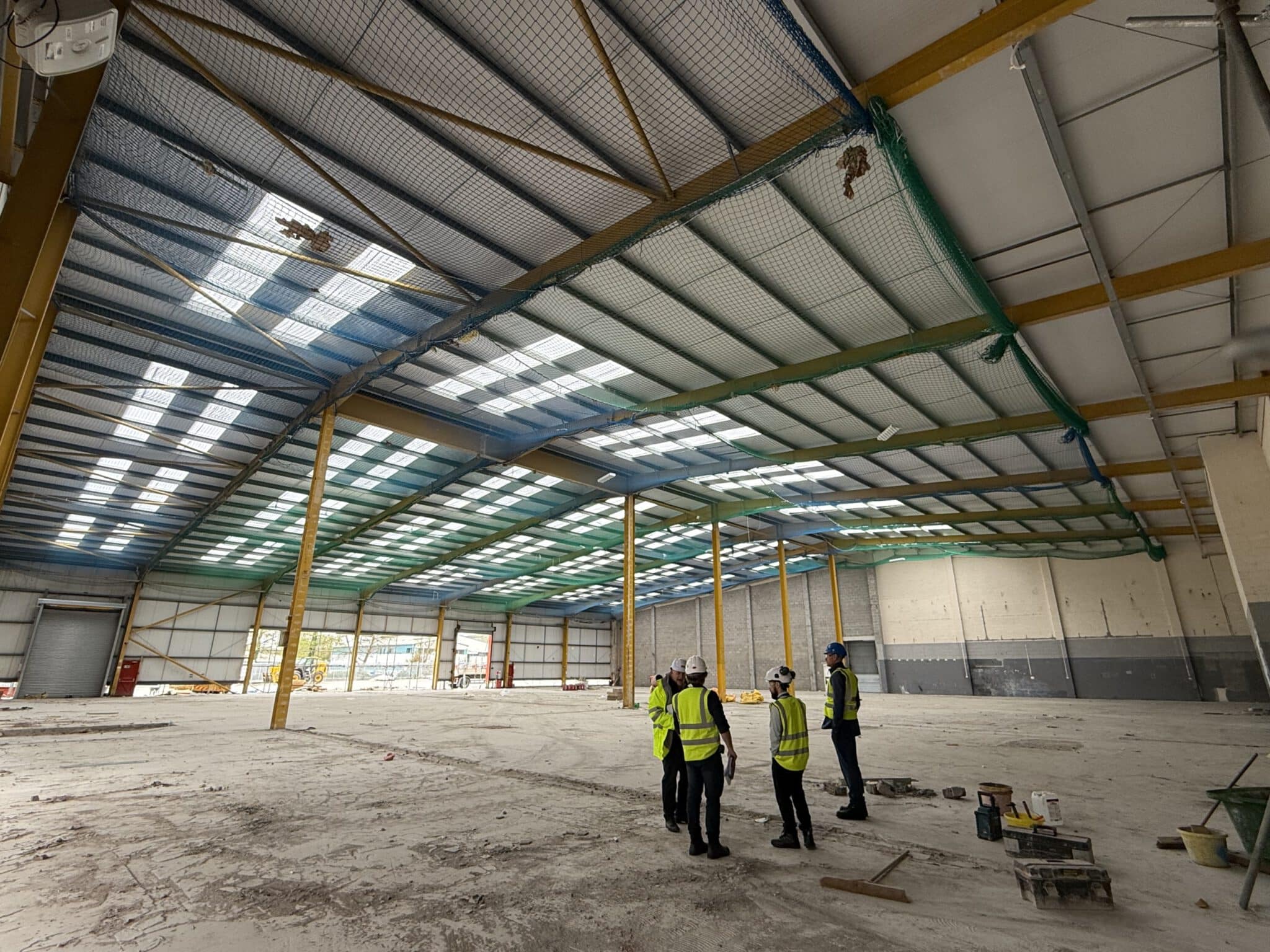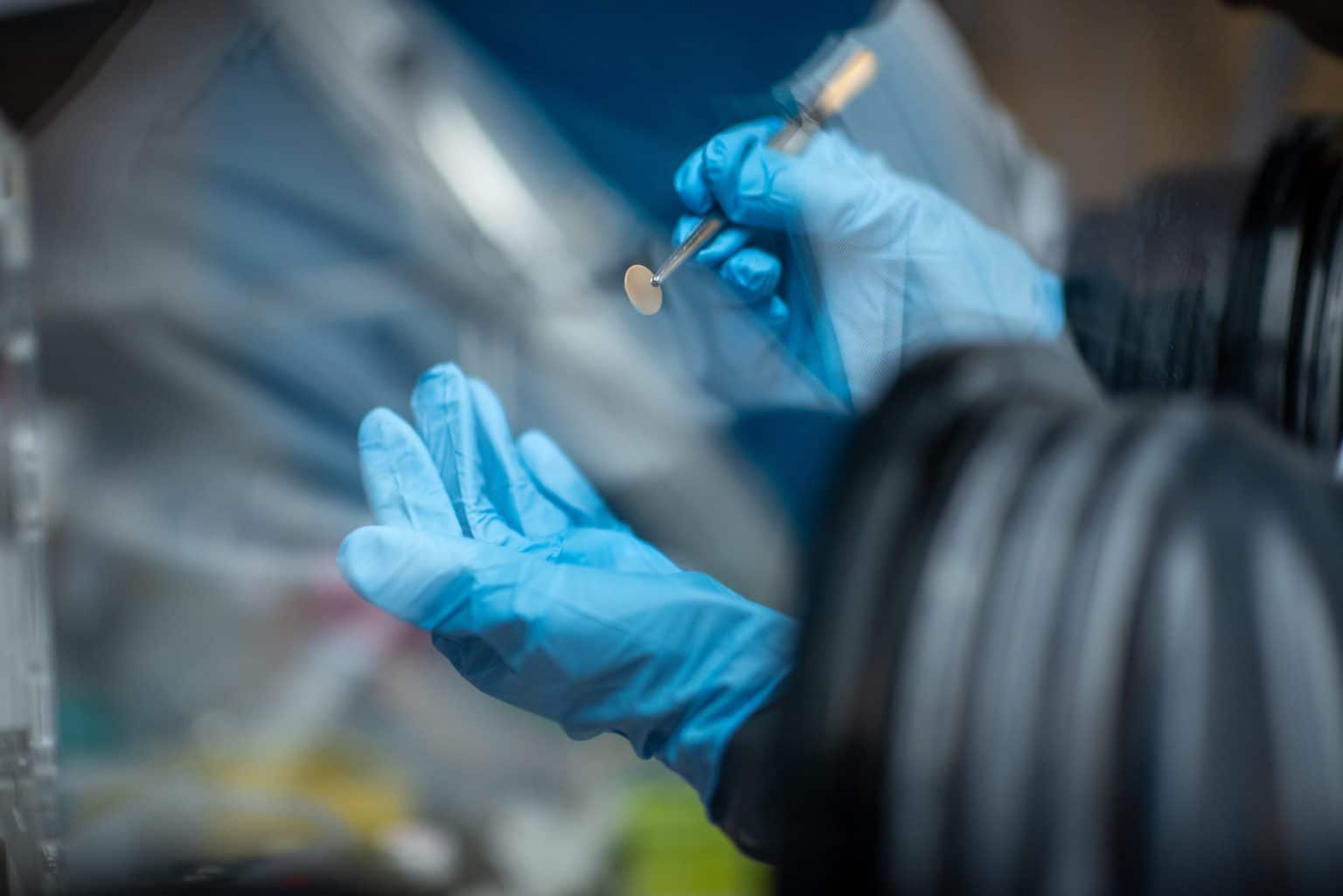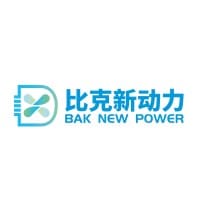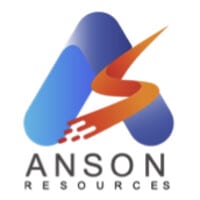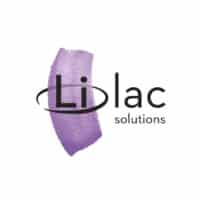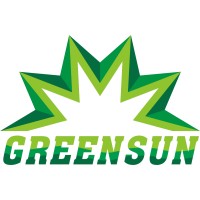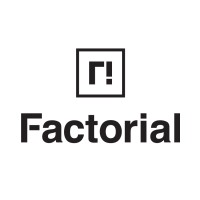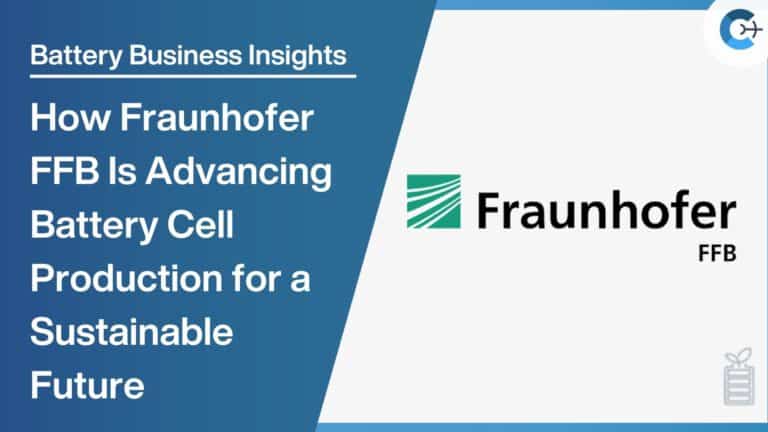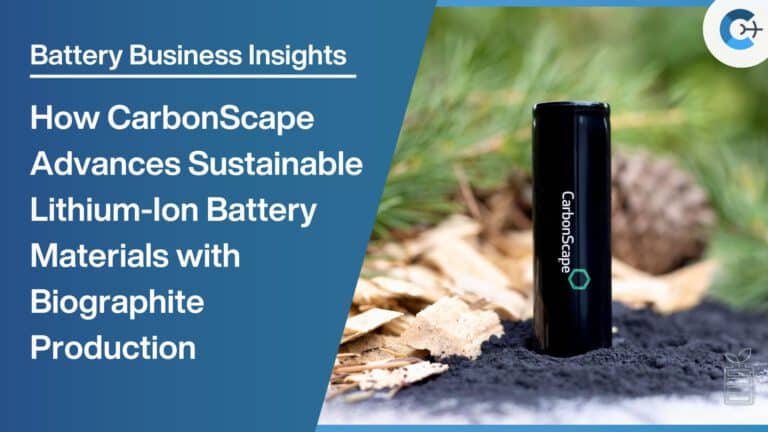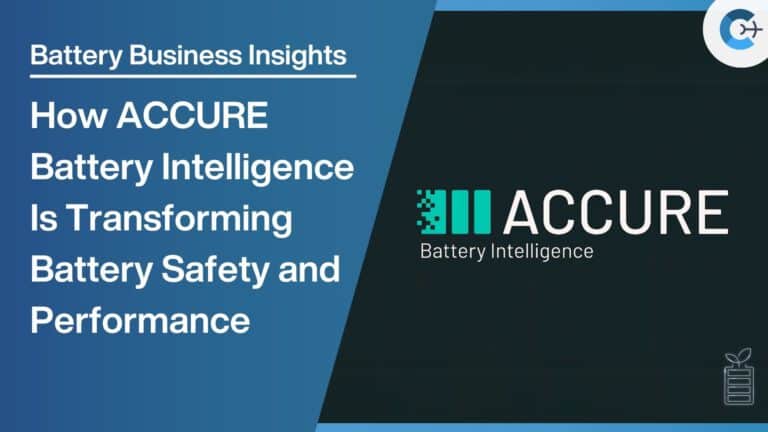The global electric vehicle (EV) battery market experienced notable changes last year, as highlighted by SNE Research on February 11. Total battery consumption for electric vehicles, including plug-in hybrid electric vehicles (PHEV) and hybrid electric vehicles (HEV), reached approximately 894.4 gigawatt-hours (GWh) from January to December, reflecting a 27.2% increase compared to the previous year. Despite this growth, South Korea’s leading battery manufacturers did not see an expansion in their market share.
South Korea’s top three battery companies—LG Energy Solution, Samsung SDI, and SK On—collectively saw their global market share decline to 18.4%, a reduction of 4.7 percentage points from the previous year. LG Energy Solution held a 10.8% market share, maintaining its third position globally but decreasing by 2.7 percentage points. SK On and Samsung SDI experienced smaller declines of 0.5 and 1.4 percentage points, respectively, positioning them fourth and seventh in the global market. Samsung SDI, in particular, saw a 10.9% decrease in battery usage, primarily due to diminished demand from key automotive clients in Europe and North America.
In contrast, Chinese battery manufacturers continued to strengthen their dominance in the market. Contemporary Amperex Technology Co. Ltd. (CATL) and BYD increased their combined market share to 55.1%. CATL secured the leading position by increasing its share from 36.6% to 37.9%, while BYD rose to the second spot with a market share growth from 15.9% to 17.2%. This upward trend is attributed to robust domestic demand in China and strategic expansions into international markets. CATL has successfully partnered with major global automakers such as Tesla, BMW, Mercedes-Benz, and Volkswagen, while BYD has extended its electric vehicle sales beyond China to regions including Korea, other parts of Asia, and Europe.
The evolving dynamics in the battery market are influenced by several factors, including changes in the U.S. Inflation Reduction Act (IRA) policies. An official from SNE Research noted that alterations to the IRA, which include tax incentives for electric vehicles and requirements for critical minerals sourcing, are significant variables impacting the battery industry. These provisions affect global supply chains and influence the strategic decisions of market players.
To address these challenges, Korean battery companies are advised to diversify their supply chains, reduce operational costs, and invest in technological innovation. The SNE Research official emphasized the necessity for proactive investment and strategic alliances to enhance market share in emerging regions. By adapting to the shifting market environment through these measures, Korean manufacturers can better compete with their Chinese counterparts and capitalize on future growth opportunities.
Source: BusinessKorea



